Imogen Napper: Microplastic Detective
Imogen Napper
Meet Imogen Napper, from The University of Plymouth, whose research helped contribute to banning of microbeads in the UK. Her team is now focussing on microfibres released from clothing, and is working with the likes of National Geographic and Sky Ocean Rescue to provide solutions.
When I was a toddler, the first thing I would do when I went to the beach was to grab a feather, stick or pebble and start drawing in the sand. I’m not known for being the greatest artist, but the beach was an empty canvas that I could draw on after every tide. The only obstacles in the way of my drawing board where shells, rocks and seaweed. One thing I cannot remember, was it being covered in plastic...
Fast forward 20 years and plastic on our beaches is a reality for all of us across the globe. Seeing this first hand was the first step to me becoming a marine litter scientist. I’ve always been interested in investigating the not so obvious: The everyday items we use in our lives that we wouldn’t consider to be a problem. When giving an assembly in a primary school, a student asked if I was a plastic detective, which I think describes my research really well! I’m now based at the University of Plymouth being a plastic detective, investigating what plastic is getting into the ocean, and how we can prevent it.
Left: Imogen as a toddler drawing in the sand. Right: Imogen conducting marine litter research at the University of Plymouth. Photos: Imogen Napper
Beady-Eyed Research
The first research piece for my PhD investigated microbeads in facial scrubs. Microbeads are tiny plastic pieces that are put in cosmetics to act as exfoliants. Our research found that up to 3,000,000 microbeads could be in one bottle. So, for one squirt on your hand there could be over 10,000! These get washed down the drain and potentially end up in our oceans, adding to the plastic soup they have become. These findings influenced legislation banning microbeads in the U.K. This change was exactly why I decided to go into research and it was the best feeling to see how my work could help direct consumer, industry and government decisions.
Banning of microbeads is a step in the right direction, and 18 (and counting) countries have implemented bans. But, the battle doesn’t stop there, as manufacturers have found sneaky ways round it and there are a plethora of other intentionally added microplastics in cosmetics, and numerous other products.
Microbeads extracted from main brand facial scrubs before they were banned in the U.K. Photo: Imogen Napper
Following Fashion’s Footsteps
More recently, my research has focussed on clothing. More than 60% of the clothes we buy are made out of plastic fibres. When we think of plastic, we normally think of quite hard items like plastic drink bottles, so it can be quite surprising to discover that our clothes can be made of polyester, acrylic or a natural-synthetic blend.
Due to the mechanical nature of our clothes swishing and swirling around a washing machine, tiny plastic fibres can be released. Like the microbeads, these then go down the drain with the waste water, slip through at water treatment plants, and are released into our oceans.
My research has found that up to 700,000 fibres can come off in just one 6kg wash! Multiply this number up for a family washing their clothes every week, then the street they live on, the town, the city, the country… and it’s an enormous amount of fibres, that waste water treatment facilities just can’t cope with.
Currently I am working with National Geographic and Sky Ocean Rescue, testing different inventions that have been designed to capture fibres in the washing cycle (e.g. the Guppy Friend washing bag). So, watch this space, as it could be the future of washing our clothes!
To find out more about Imogen and her work, follow her here @imogennapper
To purchase a Guppy Friend washing bag, click here


